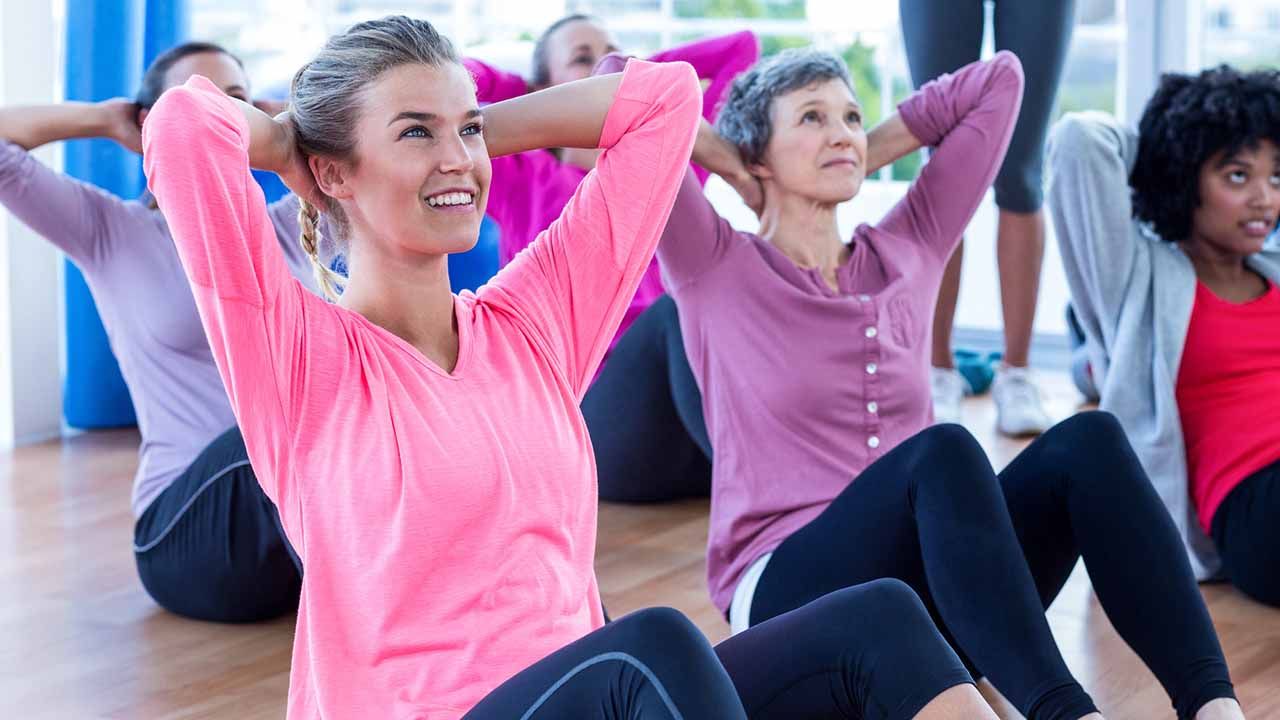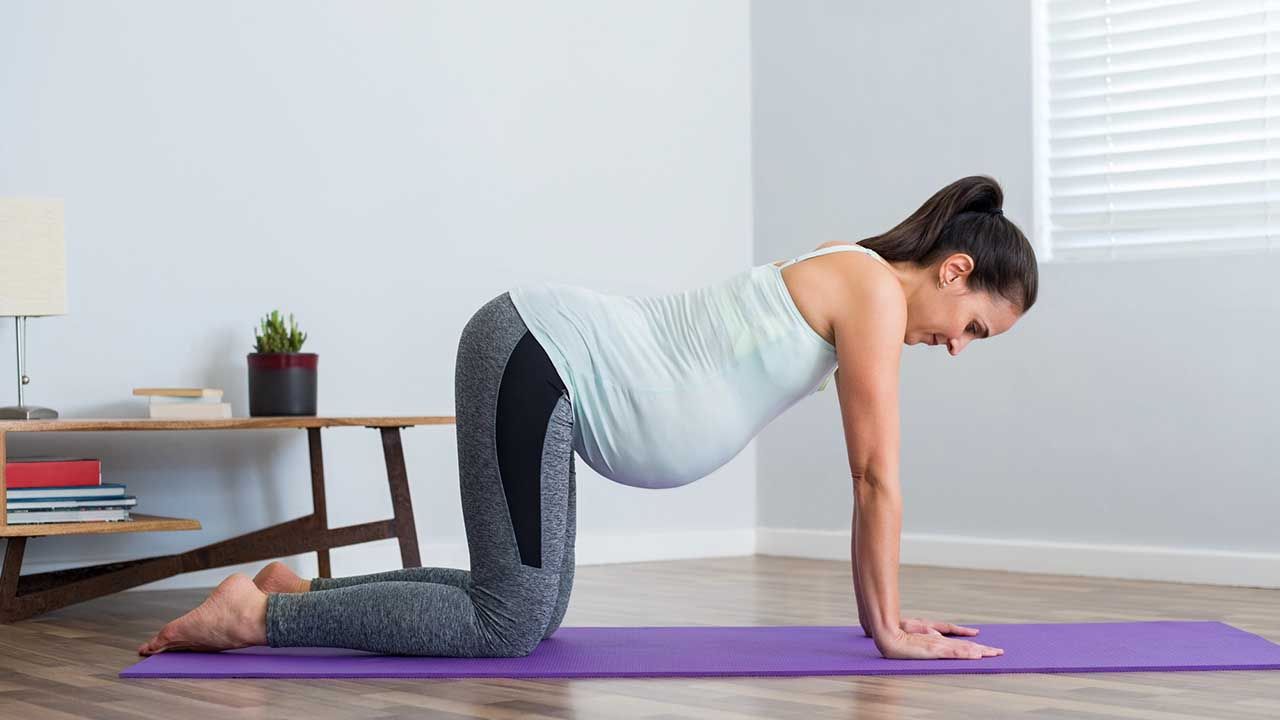Fitness Tips For Menopause

Menopause brings a lot of changes, but your health and fitness don’t have to suffer because of it. In fact, with a few mindful shifts, this stage of life can be a powerful opportunity to build long-lasting habits that support your energy, mental clarity, and physical strength. It’s not about drastic overhauls or punishing workouts—it’s about adapting to what your body needs now and working with it, not against it.
Move with purpose
Staying active through menopause isn’t about training harder, but training smarter. As hormone levels shift, you might notice changes in how your body recovers, your joint mobility, or your overall energy. Strength training becomes especially beneficial, helping to support bone density and muscle mass, both of which naturally decline during this phase. Resistance-based workouts a couple of times a week—think bodyweight exercises, free weights or resistance bands—can make a big difference.
Alongside strength training, don’t forget about mobility and low-impact cardiovascular movement to keep your body feeling good and to help keep your heart and lungs healthy. Walking, yoga and swimming can ease joint stiffness, improve circulation and give your mood a much-needed lift. Consistency is more important than intensity here. A 20-minute walk most days is far more effective than sporadic intense sessions that leave you drained.
Eat to nourish
Nutrition during menopause is all about supporting your changing body, not restricting it. Your metabolism may slow, but that doesn’t mean you need to eat less—it just means you need to eat smarter. Prioritise protein with every meal to maintain muscle mass and help with satiety. Sources like eggs, lentils, fish, Greek yoghurt and lean meats are great staples.
Calcium and vitamin D become more important as bone density declines. Include leafy greens, fortified plant milks or dairy, and safe sun exposure when possible. Wholegrains, healthy fats like avocado and olive oil, and plenty of fibre from fruit and veg will help support digestion and hormone balance. Try to limit ultra-processed foods, not from a place of restriction, but because they tend to leave you feeling sluggish and unsatisfied.
Hydration also plays a huge role. Hormonal shifts can lead to dehydration and bloating, so water, herbal teas and broths can be quietly powerful tools in your daily routine.
Prioritise recovery
Sleep and rest aren’t just nice-to-haves—they’re essential – and even more so at this stage of your life. As oestrogen levels decline, you might find your sleep pattern becomes more erratic. Rather than fighting it, create rituals that help your body wind down naturally: reduce screen time before bed, dim the lights, and avoid caffeine late in the day. Gentle evening routines like stretching, journalling or a short walk can signal to your nervous system that it’s time to slow down.
Rest days are just as important as workout days. They allow your muscles to rebuild and your nervous system to reset. Without this, you may find that the gains from your workouts and nutrition efforts may not be as effective as they once might have been. However, this doesn’t mean doing nothing—it can simply mean trading a workout for a mobility session or a walk in nature.
Tune into your mindset
Menopause often brings emotional ups and downs, which is why a grounded mindset becomes one of your best tools. Notice the language you use about your body—if it’s overly critical or negative, gently reframe it. You’re not ‘failing’ at fitness; your body is simply changing, and that’s allowed. Compassion, patience and curiosity go much further than harsh self-judgement.
Practices like mindfulness, breathing exercises, and even short daily journalling can help you stay present and connected. If motivation dips, ask yourself what’s realistic today—not what you ‘should’ be doing, but what would feel supportive right now. Sometimes, that might be a workout; other times, it’s resting without guilt.
Create sustainable rhythms
Rather than chasing perfection, aim for rhythm. Create small routines that fit your life and adjust them as needed. Batch-cook nourishing meals when you have energy, set out your trainers the night before to encourage movement, or leave your yoga mat unrolled in a visible spot.
Track how you feel after certain foods or types of movement. This isn’t about micromanaging every choice, but about getting curious and informed. What energises you? What drains you? Let your habits evolve with your body, rather than holding yourself to a rigid standard from the past.
To sum up
Menopause doesn’t have to mean a pause in your health or wellbeing. It’s a chance to redefine fitness in a way that supports your body long-term. By focusing on strength, nourishment, rest and mindset, you can build a sustainable approach that feels good—inside and out.
Image/Depositphotos.com









